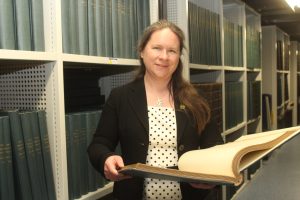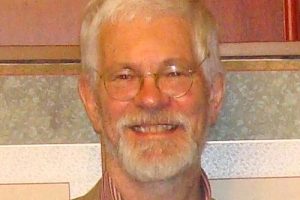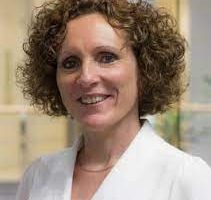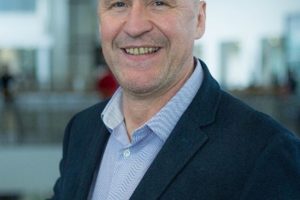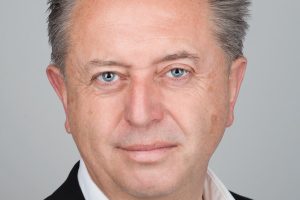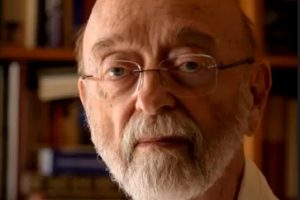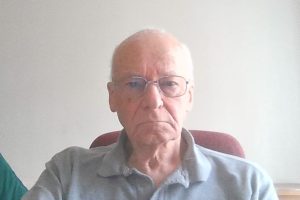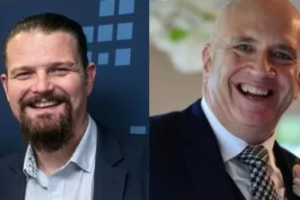
Iain Johnston and Chris Hurst
Iain Johnston and Chris Hurst are the top team of Blackwired, which brings a military philosophy to defending nations and enterprises against threats from the Dark Web. Chris brings a lifelong interest in computers and lessons learned as CSIO in BT, while Iain contributes the experience of a military career more recently applied to Cyber.
In this interview they describe the fundamentals of the Dark Web and the activities within its industrial complex before moving on to illustrate its significance to the critical activities of commerce and Government. The interview illustrates, with examples, the potency of the threat from the Dark Web and what the emerging industry of cyber countermeasures can do to protect us all.
